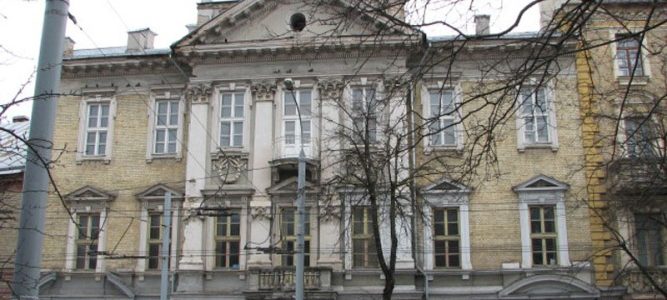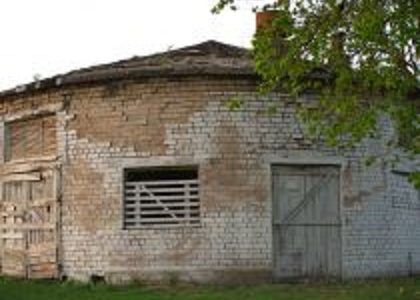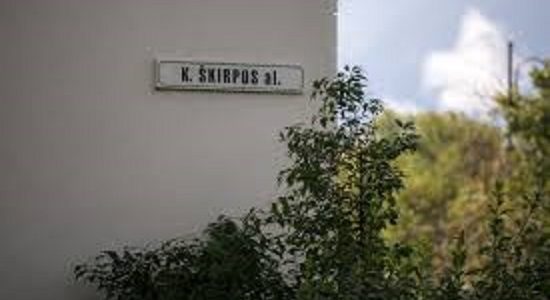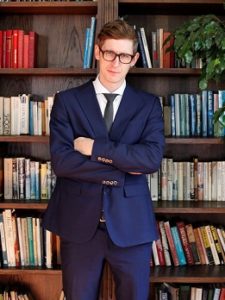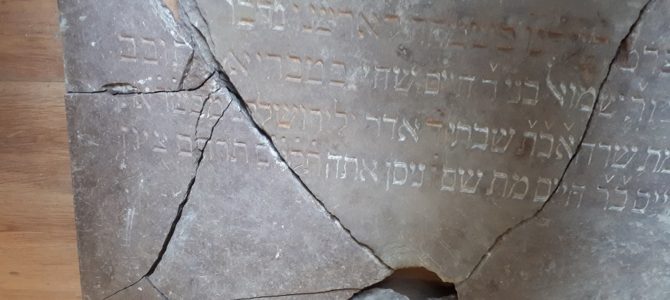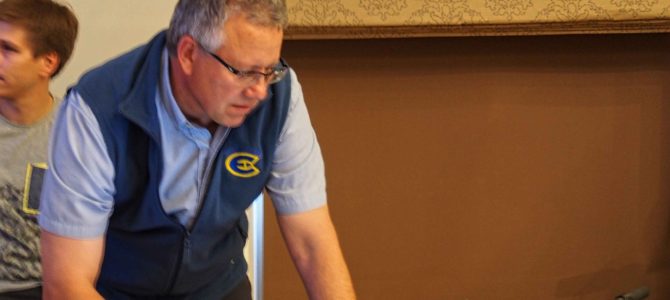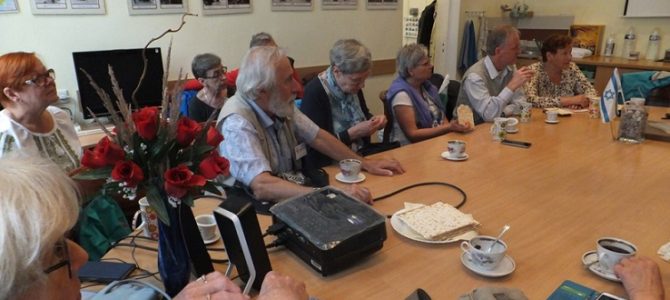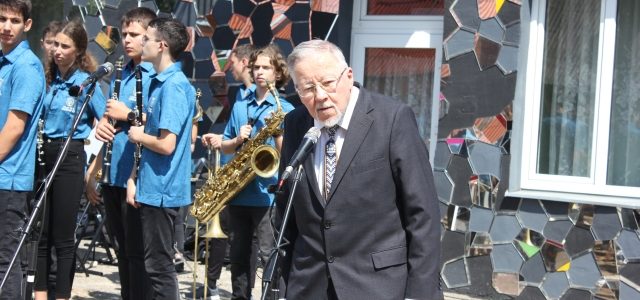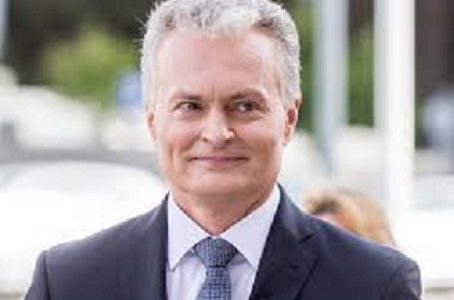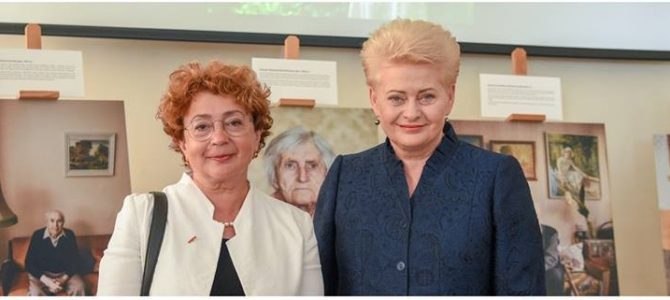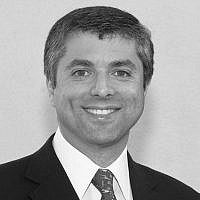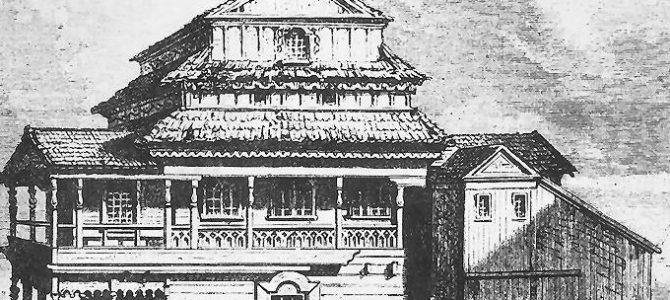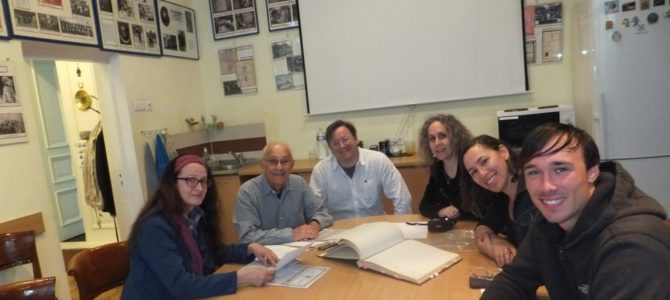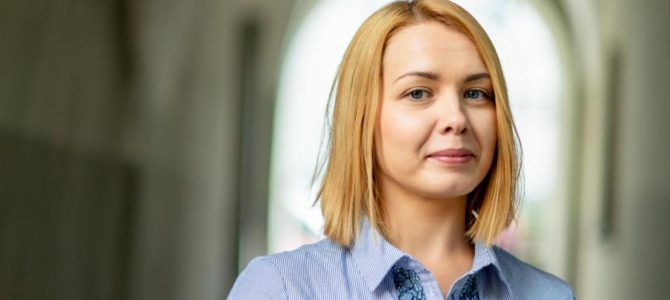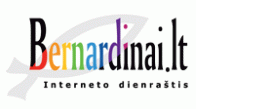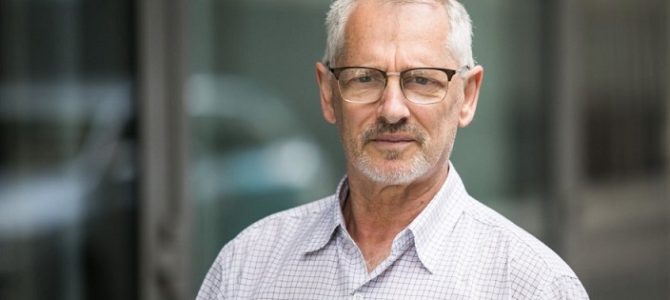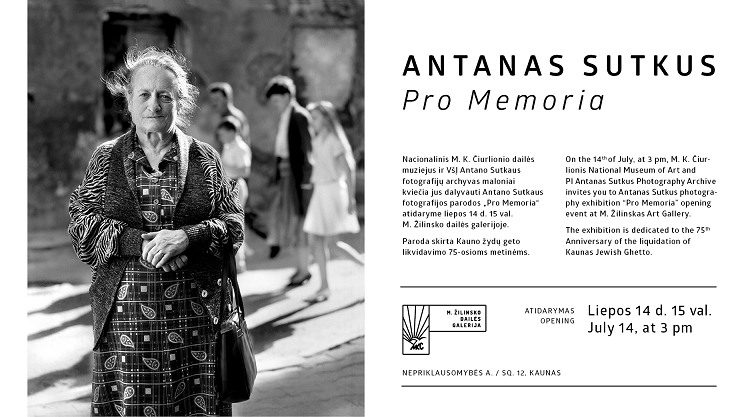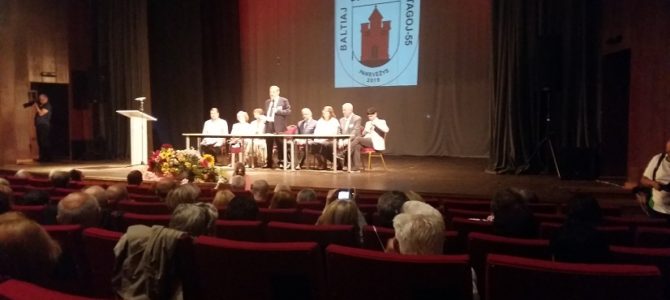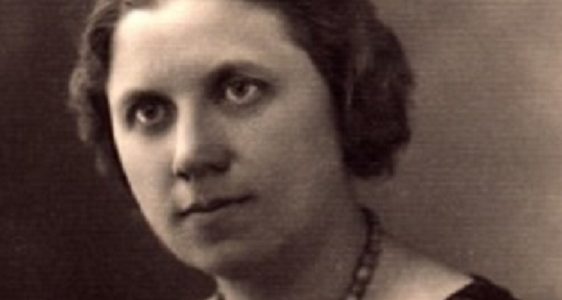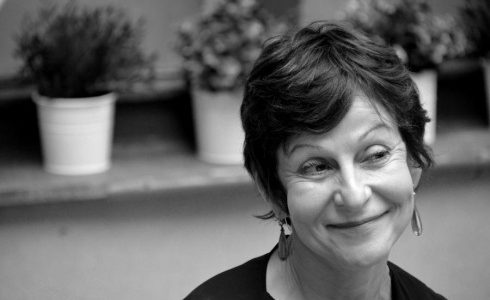Two important events of significance to the cause of historical justice took place in Lithuania last week: the alley named after Nazi ideologue Kazys Škirpa was renamed Tricolor Alley and a plaque commemorating Jonas Noreika was taken down.
The Vilnius city council voted to rename Škirpa Alley Tricolor Alley July 24. The Lithuanian Jewish Community has been calling for this change for many years.
Lithuanian Jewish Community chairwoman Faina Kukliansky personally thanked Vilnius mayor Remigijui Šimašius and members of the city council for supporting the measure to change the name of Škirpa Alley to Tricolor Alley. The mayor delivered a compelling and inspiring speech before the vote which led to the favorable outcome. The Lithuanian Jewish Community also thanks all the many politicians and historians who showed leadership and adopted the reasonable position which doesn’t offend Jews domestically and abroad.
Dyed-in-the-wool nationalists opposed the decision, picketed city hall and tried to disrupt the proceedings.


